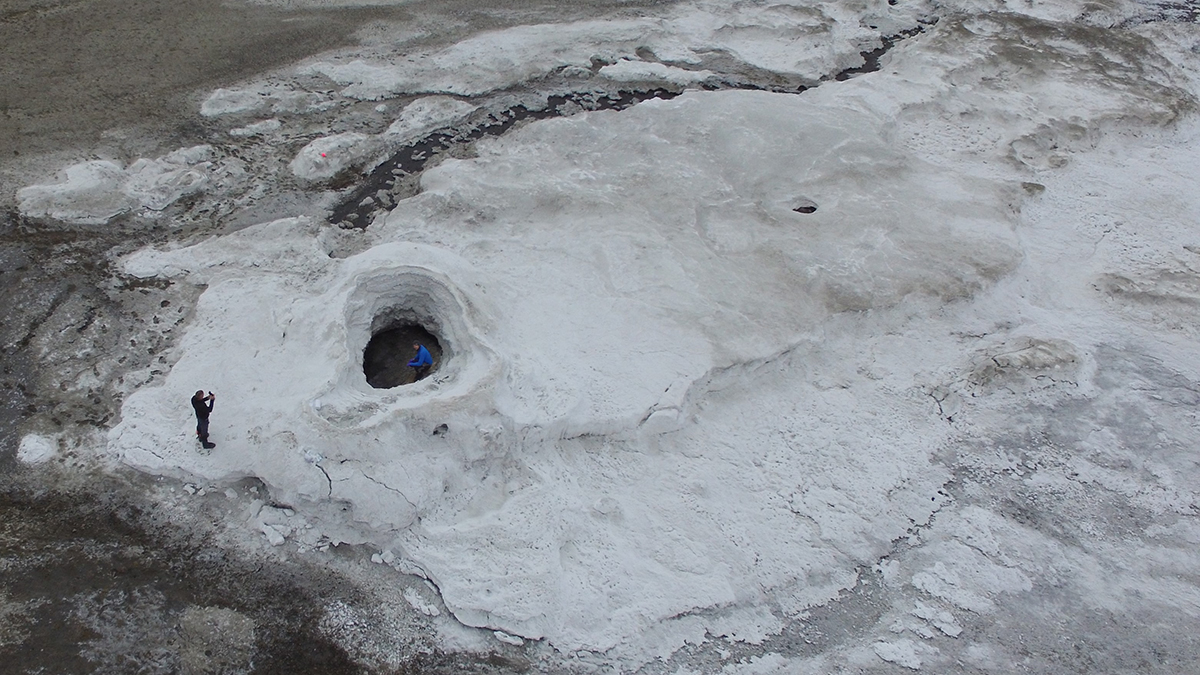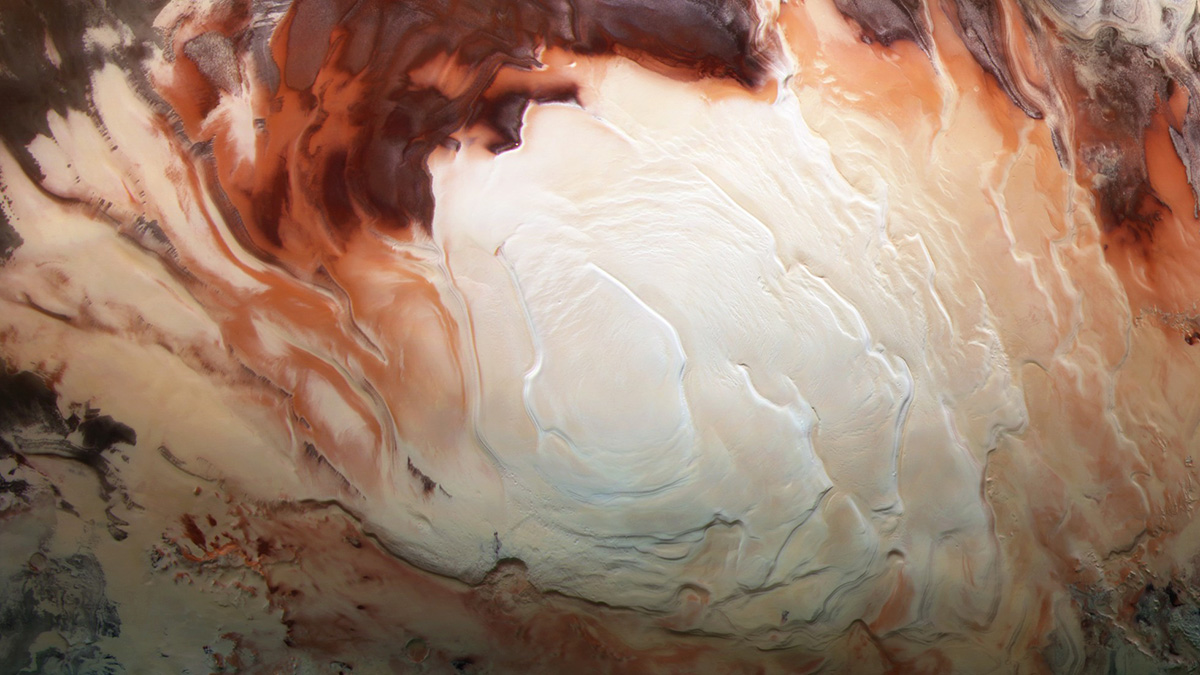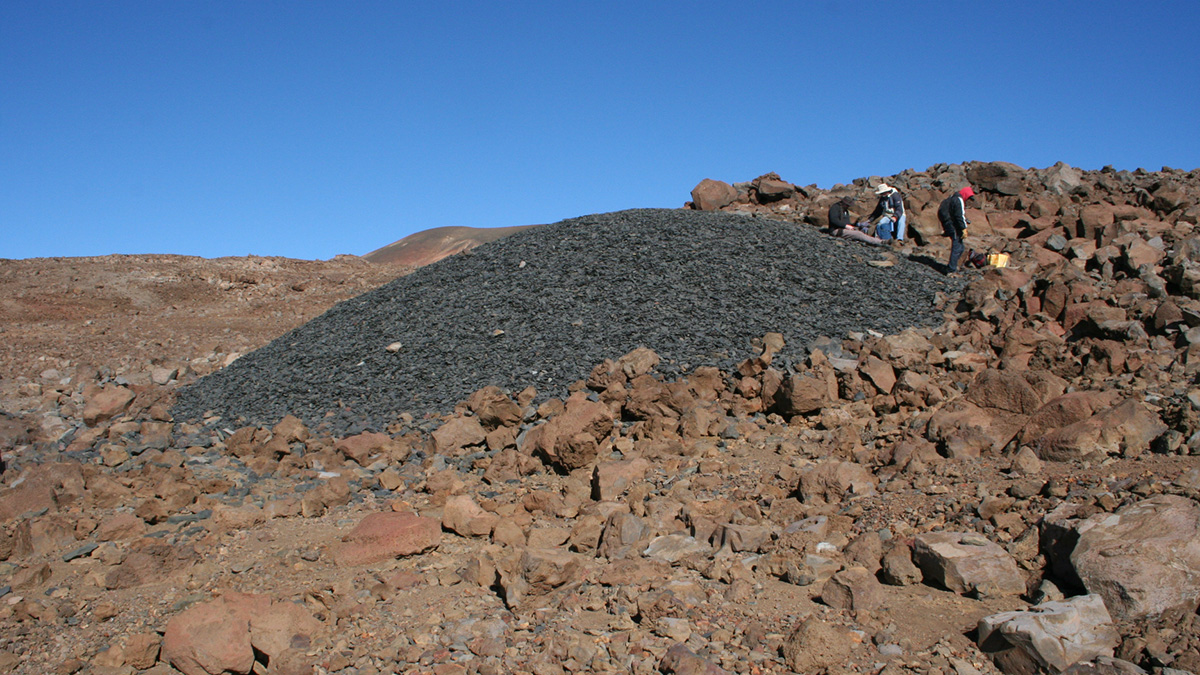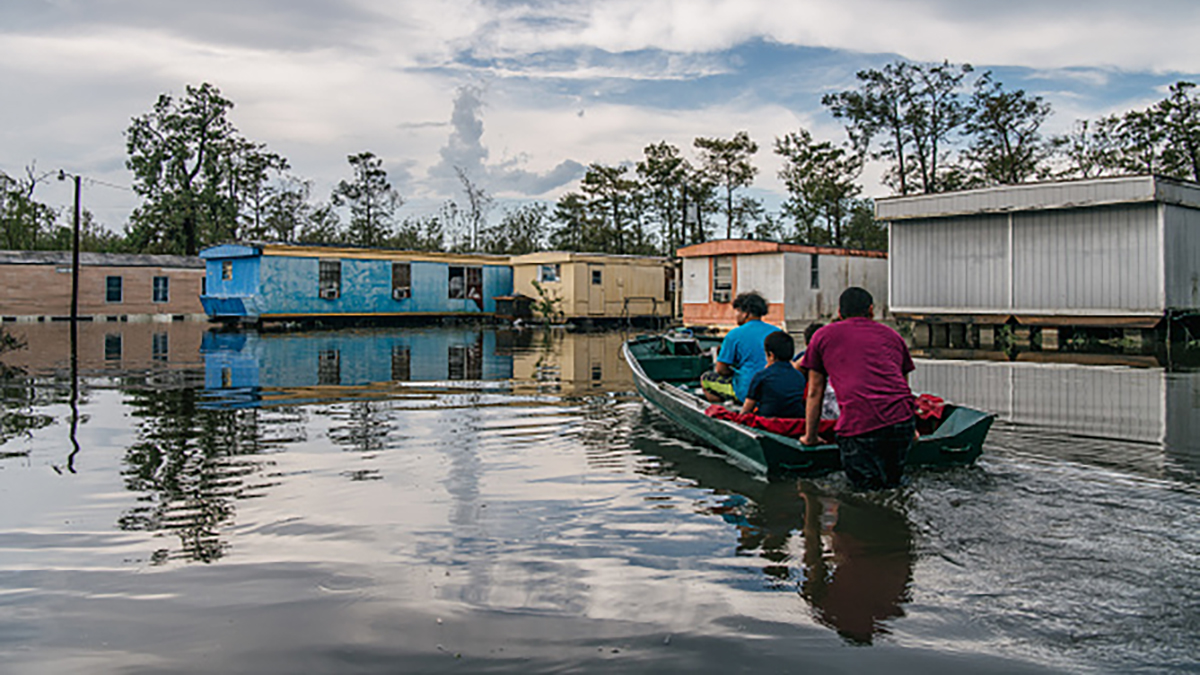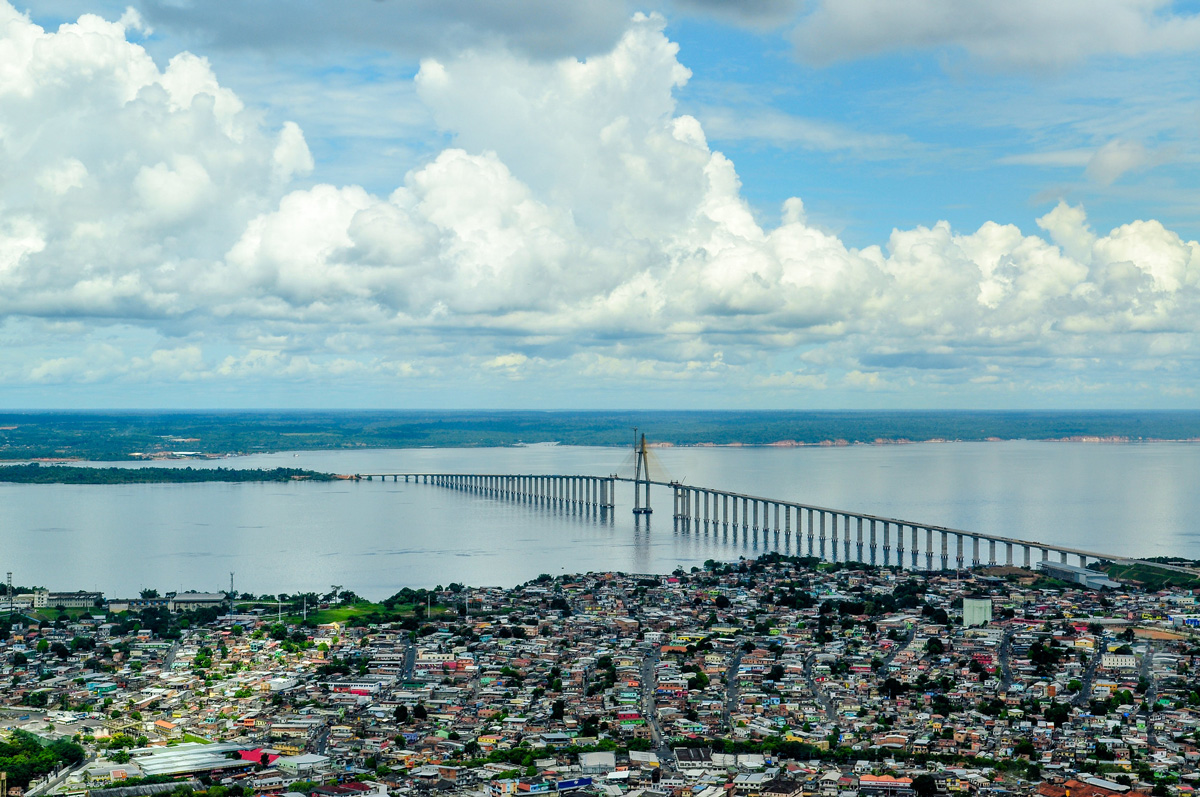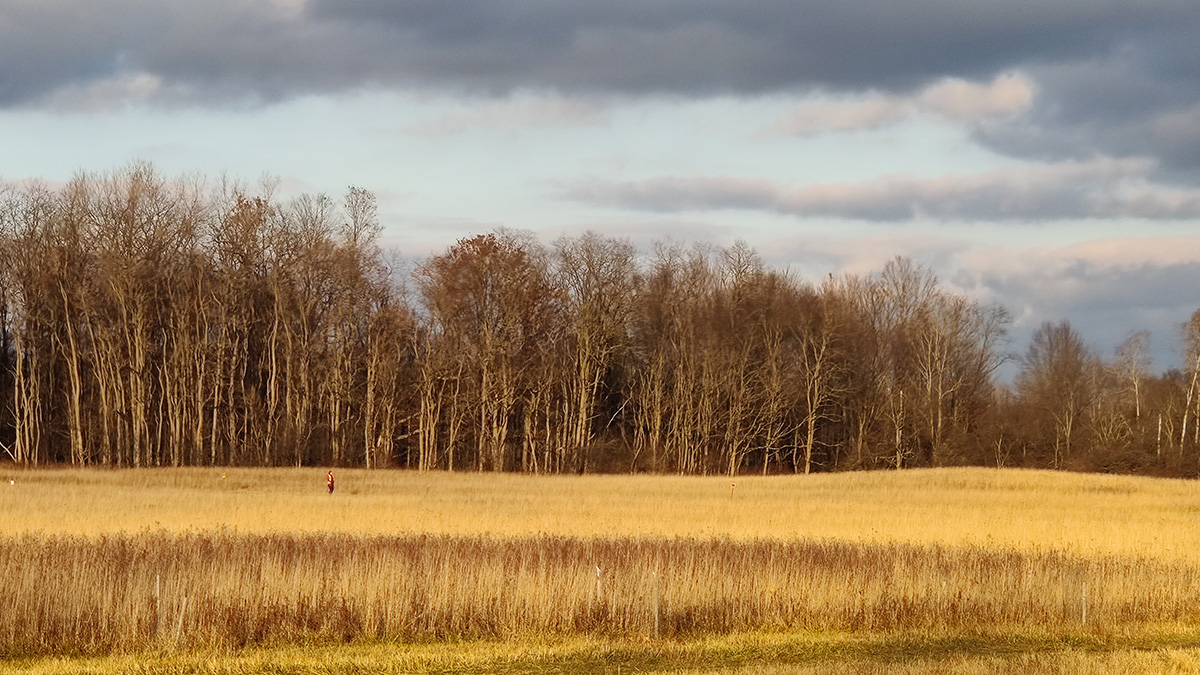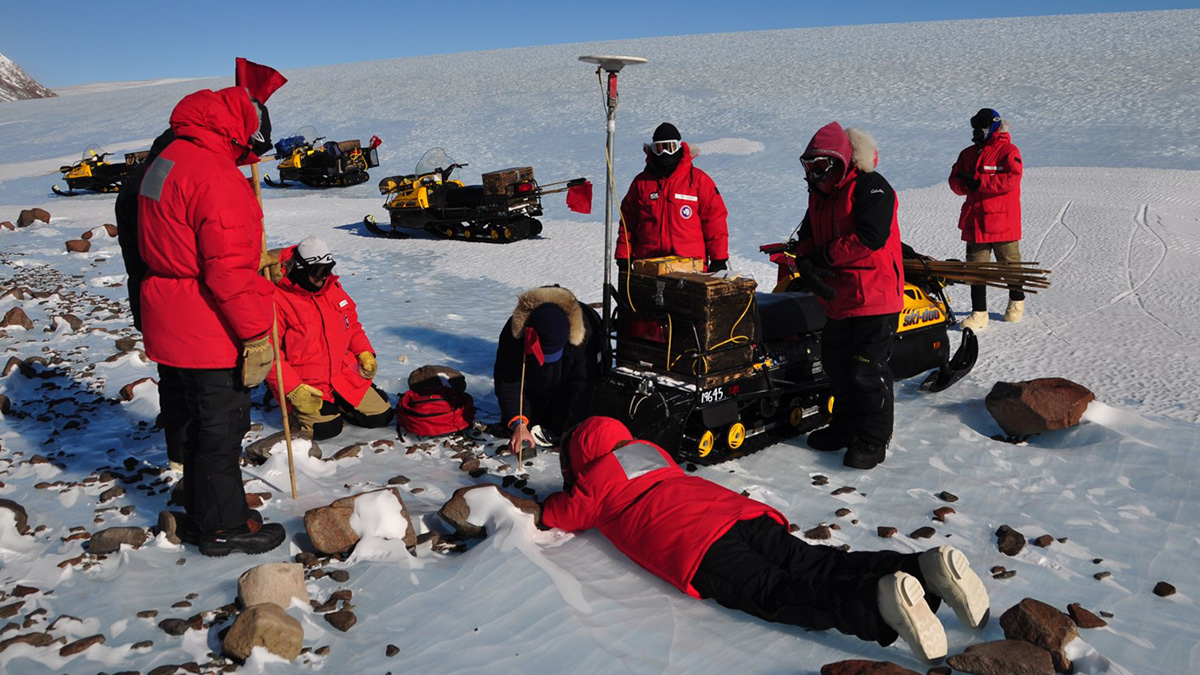A super salty spring in the Canadian Arctic provides insights key to detecting life on a distant ocean world.
News
The Goldilocks Zone May Be Just Right for Migrating Metals
Researchers identified a gateway that allows metals critical for renewable energy technologies, like copper and gold, to make their way to the surface.
The Bumpy Search for Liquid Water at the South Pole of Mars
Studies since 2018 have provided competing explanations of bright radar reflections from the base of the south polar ice cap.
Geochemical Data from Polynesian Artifacts Pack Pofatu Database
A new resource may help match artifacts with their original stone sources—“a really a niche part of archaeology that requires geological expertise.”
Black Neighborhoods Will Bear Future Flood Burden
Climate change, shifting populations, and infrastructure development in risky areas compound future flood loss risk.
Pollution Is Disrupting Rain Cycles in the Amazon
A team of researchers in Brazil and the United States uncovered the importance of the mechanism of oxidation—a process with the potential to affect climate and precipitation across the tropics.
Forest Edges Are More, Not Less, Productive Than Interior Forest
The boundaries of northeastern U.S. forests suck in more carbon dioxide than previously thought.
Weighing the Benefits of Urban Greening
City communities may need to consider whether water absorption or cooling benefits are more important when designing urban greening.
At-Home Astronomers Help Discover a New, Unique Exoplanet
Amateur astronomers sifting through NASA’s public data uncovered a long-orbit gas giant that could help scientists understand how these planets form.
Machine Learning Pinpoints Meteorite-Rich Areas in Antarctica
A new algorithm suggests that only a small fraction of meteorites present on the White Continent’s surface have been recovered to date.

